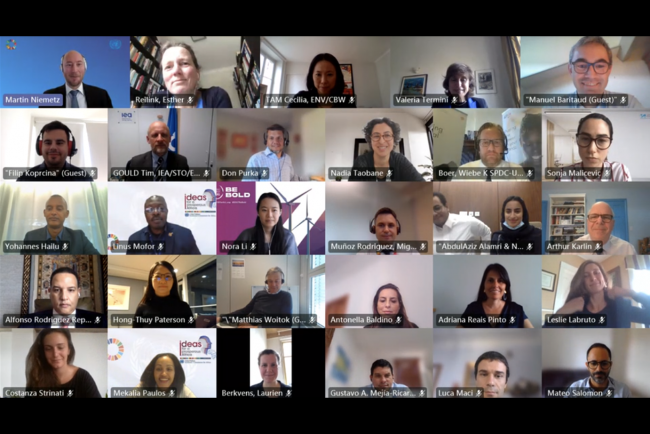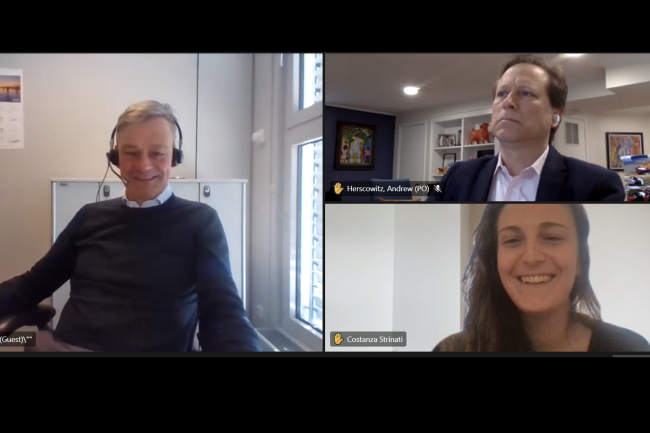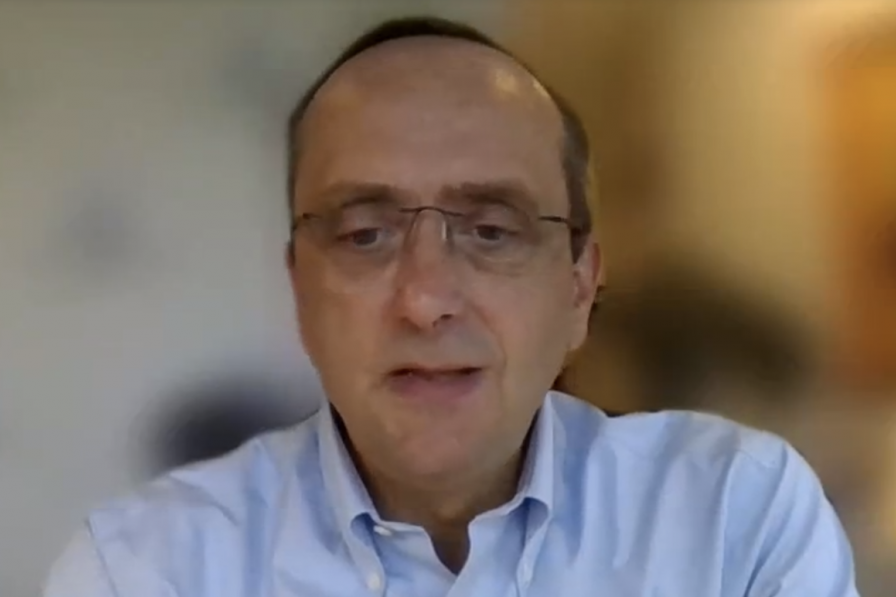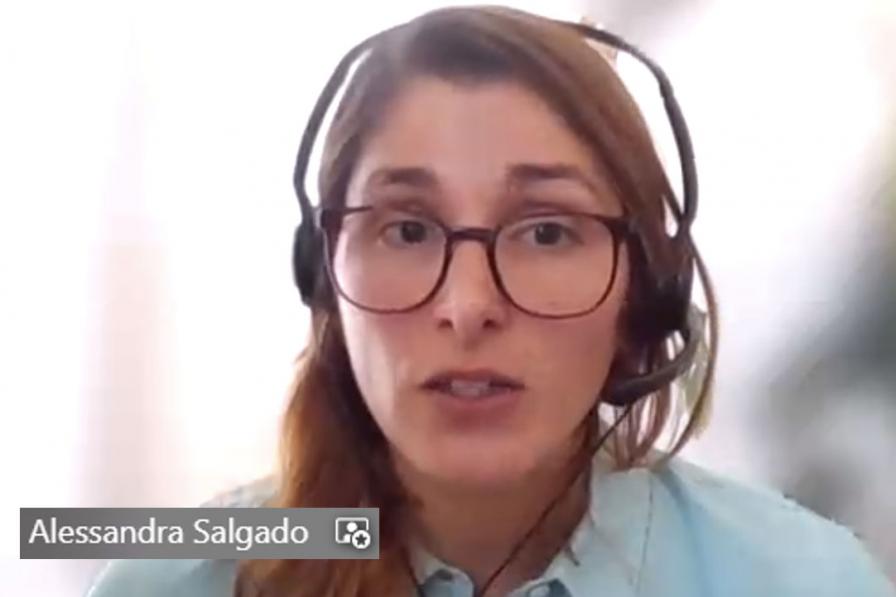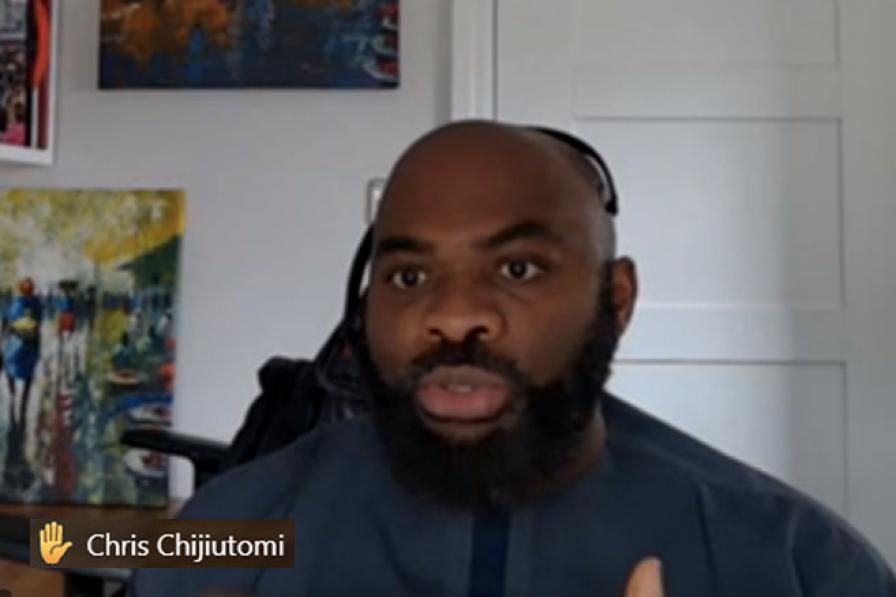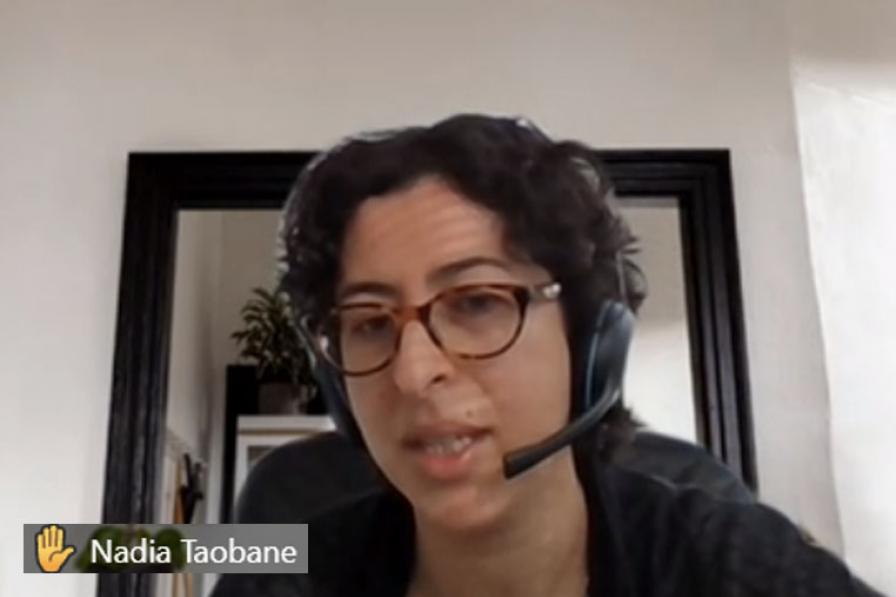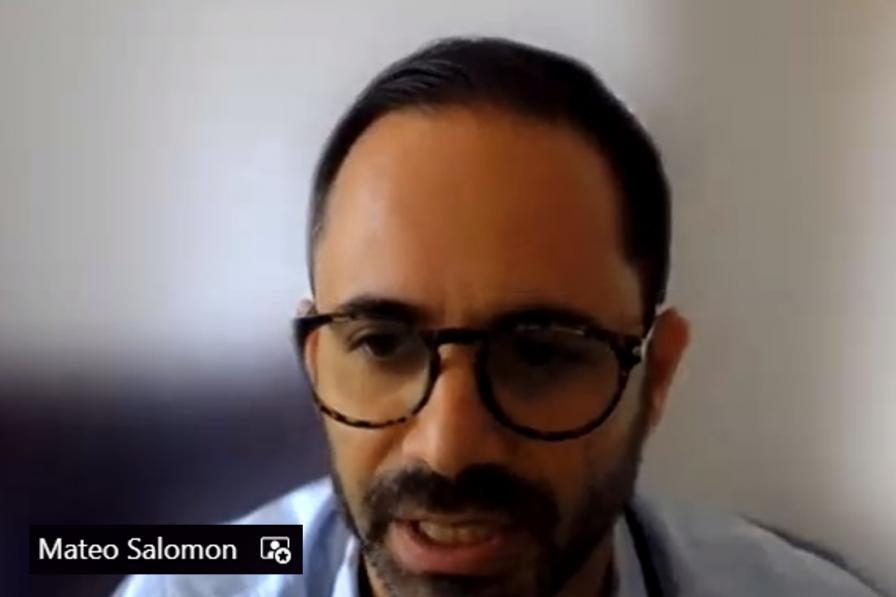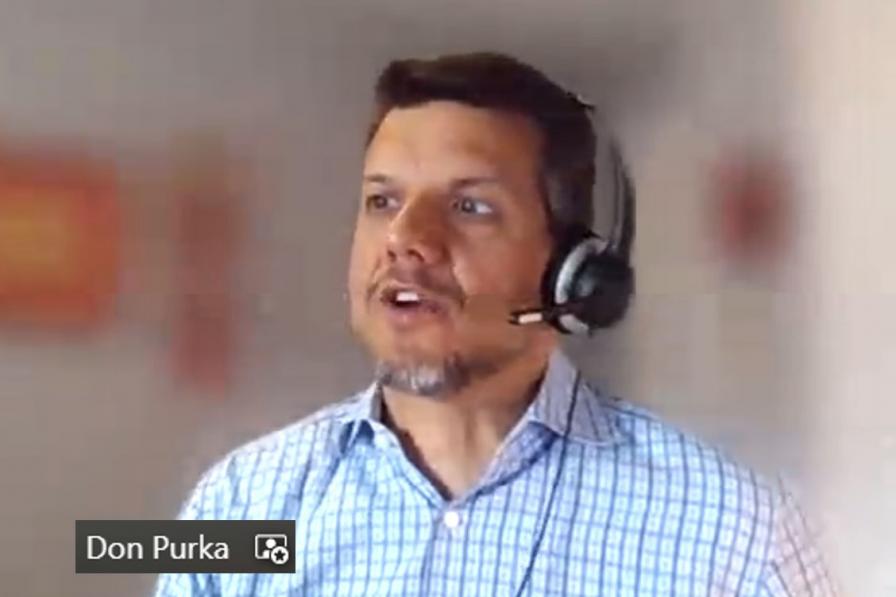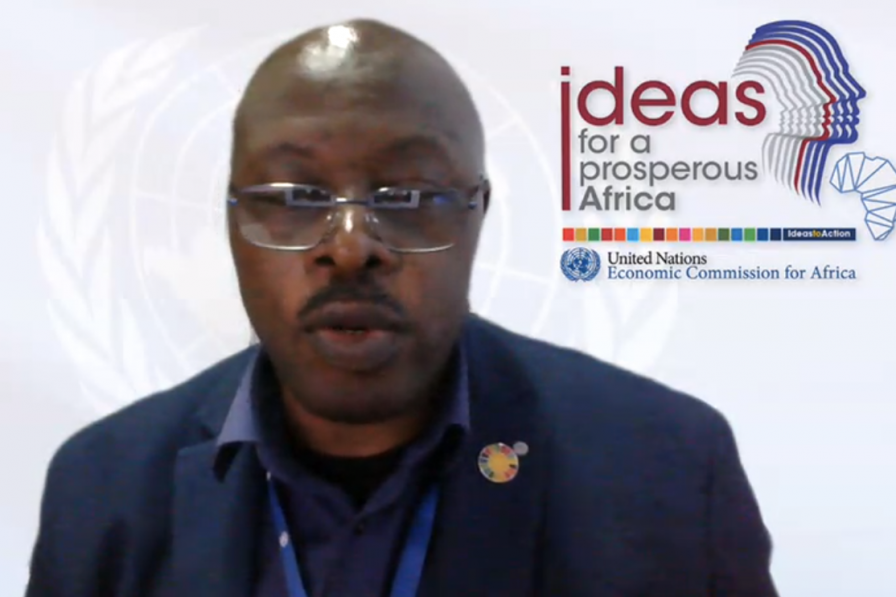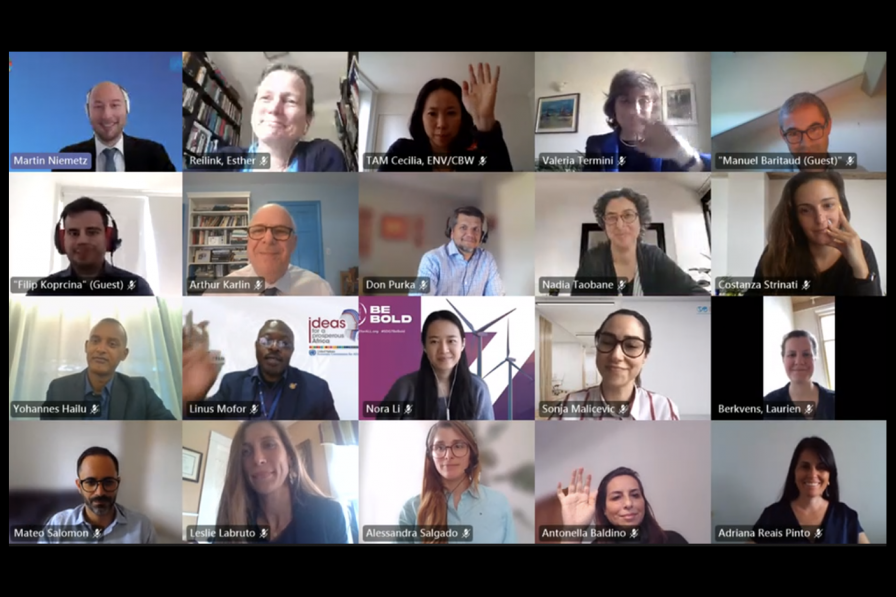The second meeting of the Technical Working Group on Finance and Investment focused on the draft report prepared by the four co-leading entities for the group: the European Investment Bank (EIB), International Energy Agency (IEA), International Finance Corporation (IFC), and UN Economic Commission for Africa (UNECA).
Key issues highlighted during the discussion of the draft report included: the importance of local capacity building and of just transition efforts; the need to identify how to make projects sellable and economically viable; the value of incorporating local currency into projects; and the need to address risk and recognize the different roles that capital can play.
The Working Group is one of five that are preparing a roadmap to be presented at the High-Level Dialogue on Energy in September 2021. The Technical Working Group on Finance and Investment first met on 26 February 2021, to provide initial input for the roadmap. Sixty-four experts participated in the second meeting on 14 April 2021.
Presentation of Draft Report
Bertrand De La Borde, Global Head Energy & Mining, IFC, opened the meeting and identified challenges the group should address as it seeks to identify actions related to finance and investment in a roadmap to achieve SDG 7 (affordable and clean energy) by 2030 and net-zero emissions by 2050. He noted policy and governance are critical components, including improved public capacity to manage the energy transition. He suggested that development assistance efforts should focus on technical as well as geographical frontiers, from funding for floating solar to identifying innovative ways to reinforce the grid. He recalled that the average age of coal-fired power plants in Asia is only 12 years, which means financing for a just transition needs to be considered.
Tim Gould, Head, Energy Supply and Investment Outlooks, IEA, discussed the goal and context for the draft report. He noted that, while there is an opportunity to build back better after the pandemic, the fiscal scope of pandemic packages is limited. On clean energy access, he said the opportunity to roll out some solutions is limited by the fact that some lack the ability to pay for the solution. Gould suggested that energy efficiency needs policy pushes to make some solutions “bankable.” He also said we need to “run hard” with technologies that are mature, keep in mind that some innovations in the prototype phase need to be scaled up, and address emissions from existing stock, especially recently built coal-fired power plants, in addition to what we need to build for the future.
Linus Mofor, Senior Environmental Affairs Officer, UNECA, said challenges include:
- the pandemic has put constraints on public resources;
- risk needs to be allocated and managed;
- ESG (Environmental, Social, and Governance) investments need to be clearly defined;
- currency exchange risks must be addressed; and
- we need to identify how to scale up one-stop investment support.
Manuel Baritaud, Senior Economist, EIB, presented the report’s recommendations, which he said are organized in three pillars: public spending, investment framework, and finance. He noted that subsidies might be considered to help deliver on 2025 milestones, and public procurement can also help achieve short term targets. He said regions that are heavily dependent on coal will need support, and an investment framework should include plans to phase-out fossil fuel subsidies. He asked if reporting on climate risk could be mandatory, and suggested a need to consider how to ensure energy utilities, which have been hit hard by the pandemic, are financially sustainable.
Discussion
The Technical Working Group split into three groups to exchange views on the draft report as presented and to identify priority recommendations. Rapporteurs from each group then reported back on the main points discussed.
Participants asked what could be achieved in a five-year period, suggesting that efforts in this timeframe might need to focus on targeted countries.
The need for political will was discussed, with participants recognizing that entrenched interests exist in the fossil fuel sector was well as within utilities, and every change will affect individuals and their jobs. As a result, high-level political will and political buy-in will be necessary for successful change.
A speaker emphasized the need to create incentives and show what is possible. Business models were said to be lacking, and the need to provide technical assistance to train change managers as well as substantive experts was mentioned.
Participants highlighted the importance of local currency financing for unlocking investments. The need for training and technical assistance to local financial institutions related to renewable energy projects, to help them build a track record for financing for these projects, was mentioned. Speakers also highlighted the need to empower local stakeholders and make them a force in the decision-making process, including in the design of projects.
Speakers discussed the need to mitigate risks in emerging markets and look at guarantees and risk transfer mechanisms, as well as to identify how to combine different capital for different phases of project development.
In addition to making carbon markets accessible, speakers said the carbon price needs to be “right” from an SDG 7 point of view as well as a carbon reduction point of view.
A participant commented that renewable hydrogen will play a key role in decarbonization, both as an energy vector and in energy storage, and as an industrial feedstock.
Additional ideas included: adding more specificity on recommendations related to a fossil fuel phase out, including efforts to finance and retrain workers; identifying what an investment framework for green economies would look like; developing criteria for sustainable investment; identifying and emphasizing the concerns of youth; better integrating clean cooking solutions into the recommendations; addressing how to plan for financing of technologies that will be invented in the next 30 years; and incorporating digitalization into the draft.
Next Steps
Minoru Takada, Team Leader, Secretariat of the High-level Dialogue on Energy, DESA, informed participants that the date for the High-Level Dialogue on Energy has not been set. He noted there will be two sets of outcomes from the Dialogue: a global roadmap, informed by the reports from the Technical Working Groups; and Energy Compacts, which will comprise voluntary commitments by governments, civil society, and other stakeholders.
By 26 April, Takada said executive summaries from all five Technical Working Groups will be circulated, and comments will be collected across all TWG reports. He reported the Technical Working Groups will complete their work by mid-May, and noted their deliberations will feed into the Ministerial Thematic Forums at the end of June, and then into the Dialogue.
In conclusion, Linus Mofor, Senior Environmental Affairs Officer, UNECA, thanked participants for validating the report priorities. He highlighted several of the group’s suggestions, including the need to incorporate a timeline for the implementation of the recommendations, the call for more clarity on finance issues related to a just transition, and the need to consider finance issues for new technologies. He thanked participants and looked forward to the next steps leading to the Dialogue.
To receive continuing coverage of this event delivered to your inbox, subscribe to the ENB Update newsletter.
